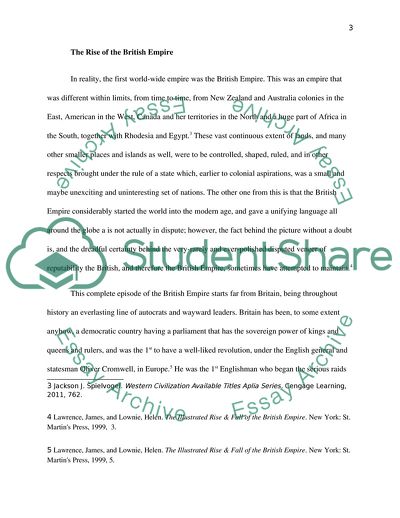Cite this document
(The History of the British Empire: Power and Control of Resources Research Paper Example | Topics and Well Written Essays - 2000 words, n.d.)
The History of the British Empire: Power and Control of Resources Research Paper Example | Topics and Well Written Essays - 2000 words. https://studentshare.org/history/1797042-the-end-of-british-empire
The History of the British Empire: Power and Control of Resources Research Paper Example | Topics and Well Written Essays - 2000 words. https://studentshare.org/history/1797042-the-end-of-british-empire
(The History of the British Empire: Power and Control of Resources Research Paper Example | Topics and Well Written Essays - 2000 Words)
The History of the British Empire: Power and Control of Resources Research Paper Example | Topics and Well Written Essays - 2000 Words. https://studentshare.org/history/1797042-the-end-of-british-empire.
The History of the British Empire: Power and Control of Resources Research Paper Example | Topics and Well Written Essays - 2000 Words. https://studentshare.org/history/1797042-the-end-of-british-empire.
“The History of the British Empire: Power and Control of Resources Research Paper Example | Topics and Well Written Essays - 2000 Words”. https://studentshare.org/history/1797042-the-end-of-british-empire.


